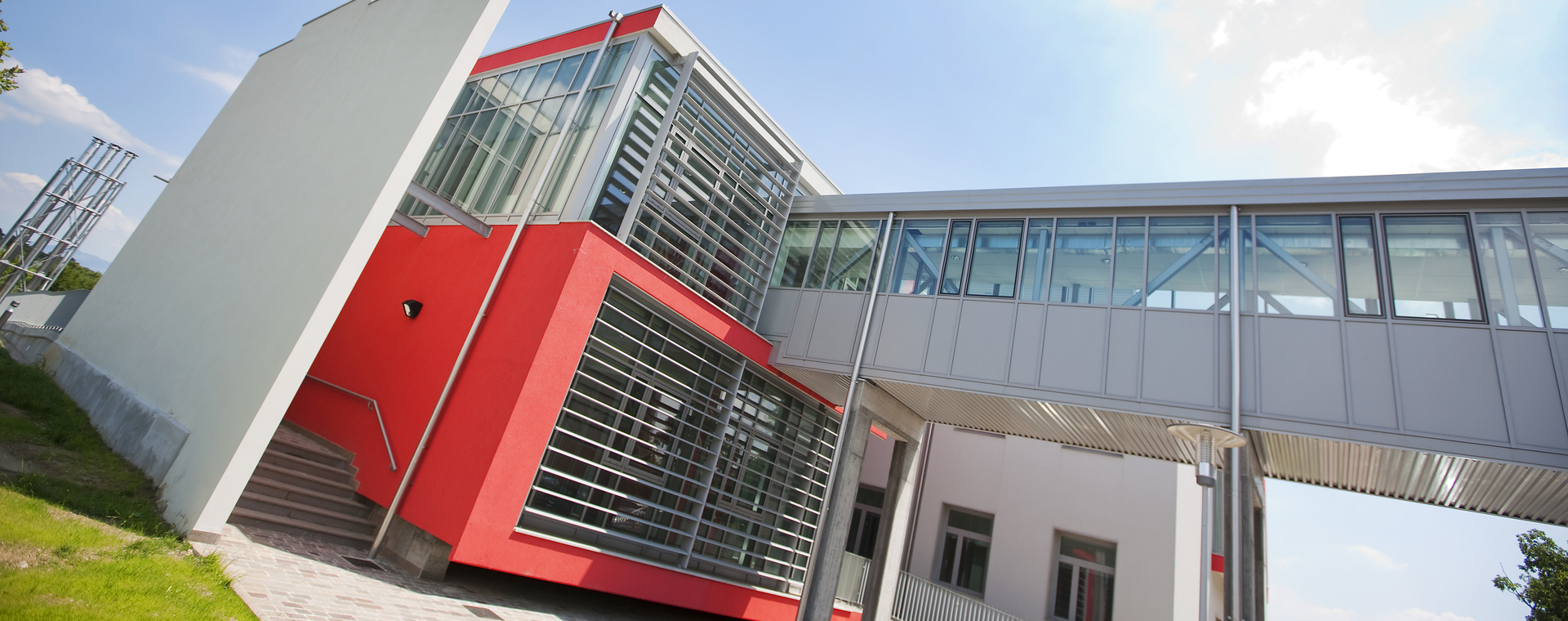25/01/2024
Quantum physics: two new laboratories inaugurated at the University of Trieste
Two University of Trieste laboratories devoted to quantum information and to the creation of artificial quantum systems of ultra-cold atoms were set up in the spaces reserved for the National Research Council in the Area Science Park
Il Parco
Two new quantum physics laboratories have been inaugurated at the University of Trieste: the ArQuS (Artificial Quantum Systems) laboratory, where artificial quantum systems will be studied through the control of single atoms, and the QCI (Quantum Communication and Information) laboratory where research on and technological development of new solutions for quantum communications on optical fiber and in free space will be developed.
The laboratories are located in the CNR spaces within the Area Science Park, Basovizza Campus, and are directed by Francesco Scazza, associate professor in Physics of Matter at the University of Trieste’s Physics department, and by Alessandro Zavatta, senior research scientist of the National Institute of Optics at the National Research Council (INO-CNR).
Laboratories devoted to frontier research are thus enriching the new master’s degree curriculum in Quantum Sciences and Technologies, the curriculum in Physics of Matter and the three-year Degree course in Physics. The University of Trieste boasts a well-respected tradition in the field of quantum mechanics, supported by interactive and collaborative efforts with important international research bodies.
The Friuli Venezia Giulia region, and in particular Trieste with its university, is a leader in the field of quantum communications thanks to the “Quantum FVG” and “QuFree” projects financed by the Region and coordinated by the University of Trieste. The former aims at developing a regional fiber optic network for secure data transmission via quantum technology, with the QCI laboratory joined to it. The latter, however, is an ambitious research programme on quantum communication in the air and aims at paving the way for secure connections via satellite.
ArQuS Laboratory – Cold atoms for quantum sciences and technologies
The ArQuS (Artificial Quantum Systems) laboratory, the only one of its kind in Italy, was set up to create artificial quantum systems through the precise control of individual ytterbium atoms. Via laser beams and magnetic fields, atoms, which are by nature identical to each other and very delicate (to the point that their wave-like quantum nature could be destroyed by any external disturbance) can be slowed down in their movement and thus be thoroughly observed, offering a precious “magnifying glass” for the study of otherwise inaccessible processes and phenomena. This is made possible by a cutting-edge experimental apparatus within which atoms are isolated from the external environment and cooled to a temperature of only one-millionth of a degree above absolute zero, capturing them in real traps based on laser light. Laser radiation, also a wave, if appropriately synchronised with the internal oscillation of the atom, can in fact be used to control particles in an extremely precise manner without destroying their quantum nature, but on the contrary, harnessing it for new technological applications.
QCI Laboratory – Quantum networks for maximum security of information systems
The QCI laboratory was created to serve the research on and technological development of new solutions for quantum communications on optical fiber with the added purpose of training physics and engineering students at the University of Trieste and collaborating with the major research and training institutions in the field. The field of quantum information, a new subject born from the intermingling of computer science and quantum mechanics, is in fact a promising area that has made important progress in recent years. Thanks to the equipment present in the laboratory, which makes it possible to generate quantum cryptographic keys and experiment with ultra-secure communications, the researchers aim at laying the foundations for creating real quantum networks for the manipulation and transmission of data capable of guaranteeing maximum security.
The QCI quantum communication laboratory was funded by the Friuli-Venezia Giulia Autonomous Region through the “Quantum FVG” and “QuFree” projects. The ArQuS laboratory, however, has received funding from the European Research Council (ERC) within the European Union’s Horizon 2020 programme for research and innovation (Grant Agreement no. 949438) and from the Ministry of Universities and Research within the FARE (FastOrbit project) and PRIN 2022 (CoQuS project) programmes.